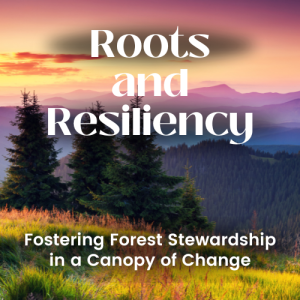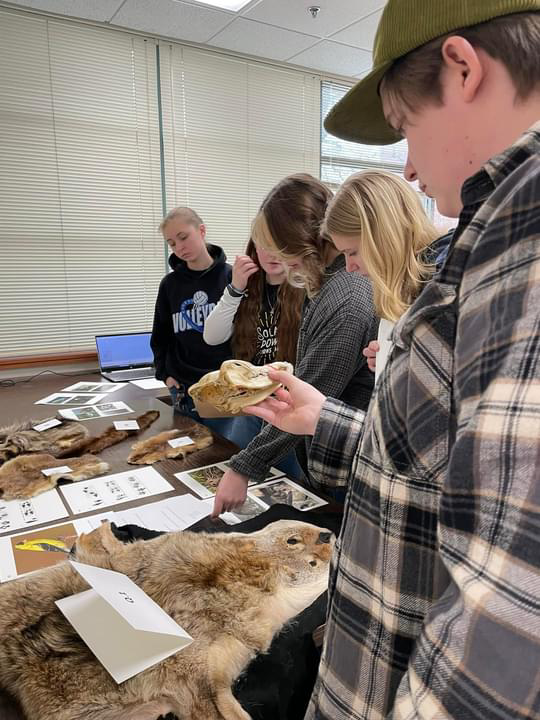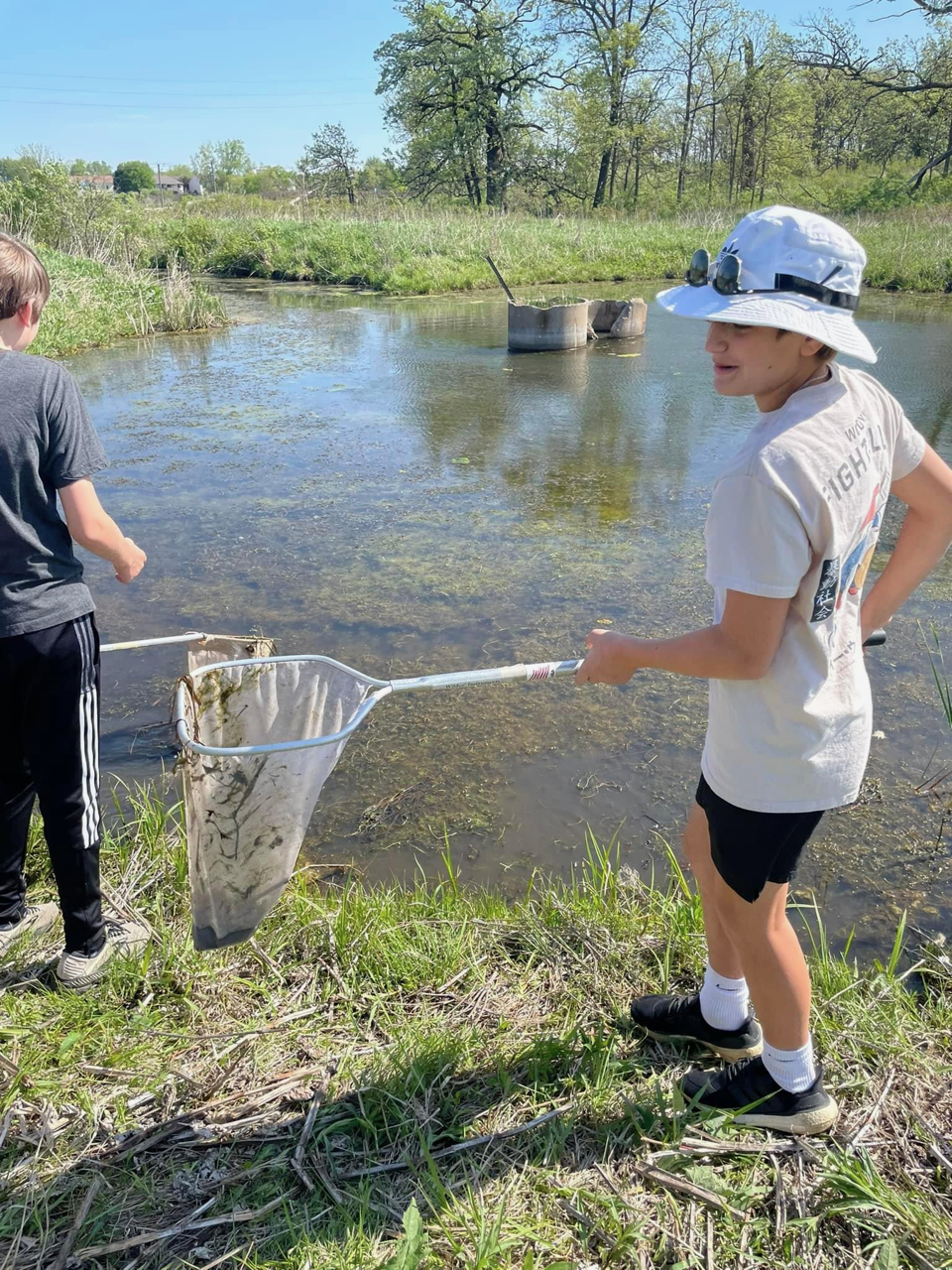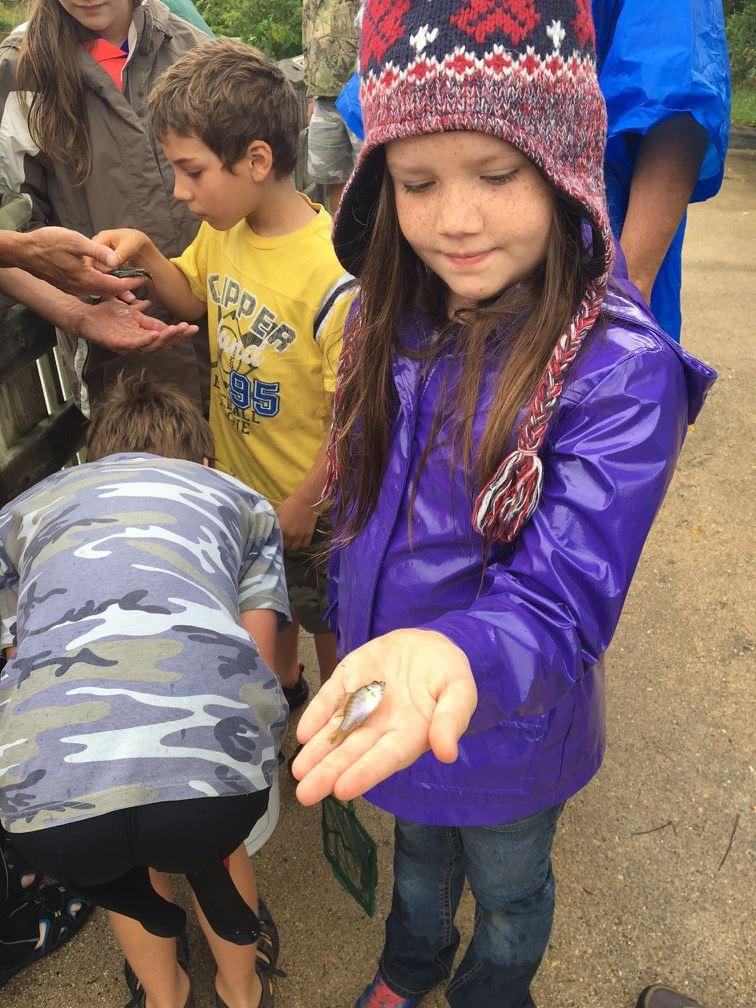

2025
Envirothon
Theme

Roots and Resiliency:
a call to action to examine current forest practices, identify where vulnerabilities may lie, and identify necessary adaptations. Students will learn how climate models can help predict the impacts of a changing climate on forests and how this data can be used to facilitate conservation.
a call to action to examine current forest practices, identify where vulnerabilities may lie, and identify necessary adaptations. Students will learn how climate models can help predict the impacts of a changing climate on forests and how this data can be used to facilitate conservation.
Envirothon 2025
Thursday, March 20, 2025
Morton Arboretum
Students compete as a team consisting of five individuals (plus 1 alternate) from the same high school or organization. Teams are tested in five subject areas through written tests, laboratory tests, and an oral presentation.
Registration Deadline: December 1, 2024
Registration Deadline: December 1, 2024
Sponsors Welcome
2025 Sponsorship Packet
Every contribution provides the tools necessary to give teams of high school students the technical and public speaking skills to become the confident thinkers who will keep conservation at the fore in all aspects of their lives.
Every contribution provides the tools necessary to give teams of high school students the technical and public speaking skills to become the confident thinkers who will keep conservation at the fore in all aspects of their lives.
What is the Envirothon?
The Envirothon is an exciting, fun way for high school students to learn about the environment. It combines in-class curriculum with hands-on field experiences, while demonstrating the role people have in important environmental issues, such as forestry and wildlife management, water quality, and soil erosion.
At the completion of the year-long learning process, the Envirothon conducts a series of competitions where students are tested on five subjects: soil, aquatics, wildlife, forestry and a specific environmental issue, which changes from year to year.
The Envirothon Experience
• Enhances a student’s critical thinking and problem solving skills
• Allows students to share lifestyles and stories with other youth
• Gives students the ability to be role models in their community
• Prepares the students for future careers in natural resources areas
Areas of Study
Aquatics
The students learn about watersheds, water quality and aquatic organisms. They will also be familiar with major methods and laws used to protect water quality and utilize this information to make management decisions to improve the quality of water in a given situation.
Forestry
The students will learn to understand basic forest management concepts and tools such as: how various silvicultural practices are utilized, the use of tree measuring devices, and best management practices. They will also understand forest ecology concepts and factors affecting them.
Soils
Students will learn to determine basic soil properties and limitations, such as mottling and permeability. They will be able to identify types of soil erosion and discuss methods for reducing erosion. They will be able to discuss how soil is a factor in, or impacted by non-point source pollution.
Wildlife
In this subject, the students will learn to describe the major factors affecting threatened and endangered species and methods used to improve the populations of these species. They will also be able to discuss various ways the public and wildlife managers can help in the protection, conservation, management, and enhancement of wildlife populations.
5th Category Topic - "Renewable Energy for a Sustainable Future" Students will learn about the different sources of renewable energy; the challenges facing the transition from traditional fossil fuels to renewables; the environmental, economic and social impacts of energy consumption; and how individuals can affect change in their communities.
At the completion of the year-long learning process, the Envirothon conducts a series of competitions where students are tested on five subjects: soil, aquatics, wildlife, forestry and a specific environmental issue, which changes from year to year.
The Envirothon Experience
• Enhances a student’s critical thinking and problem solving skills
• Allows students to share lifestyles and stories with other youth
• Gives students the ability to be role models in their community
• Prepares the students for future careers in natural resources areas
Areas of Study
Aquatics
The students learn about watersheds, water quality and aquatic organisms. They will also be familiar with major methods and laws used to protect water quality and utilize this information to make management decisions to improve the quality of water in a given situation.
Forestry
The students will learn to understand basic forest management concepts and tools such as: how various silvicultural practices are utilized, the use of tree measuring devices, and best management practices. They will also understand forest ecology concepts and factors affecting them.
Soils
Students will learn to determine basic soil properties and limitations, such as mottling and permeability. They will be able to identify types of soil erosion and discuss methods for reducing erosion. They will be able to discuss how soil is a factor in, or impacted by non-point source pollution.
Wildlife
In this subject, the students will learn to describe the major factors affecting threatened and endangered species and methods used to improve the populations of these species. They will also be able to discuss various ways the public and wildlife managers can help in the protection, conservation, management, and enhancement of wildlife populations.
5th Category Topic - "Renewable Energy for a Sustainable Future" Students will learn about the different sources of renewable energy; the challenges facing the transition from traditional fossil fuels to renewables; the environmental, economic and social impacts of energy consumption; and how individuals can affect change in their communities.


